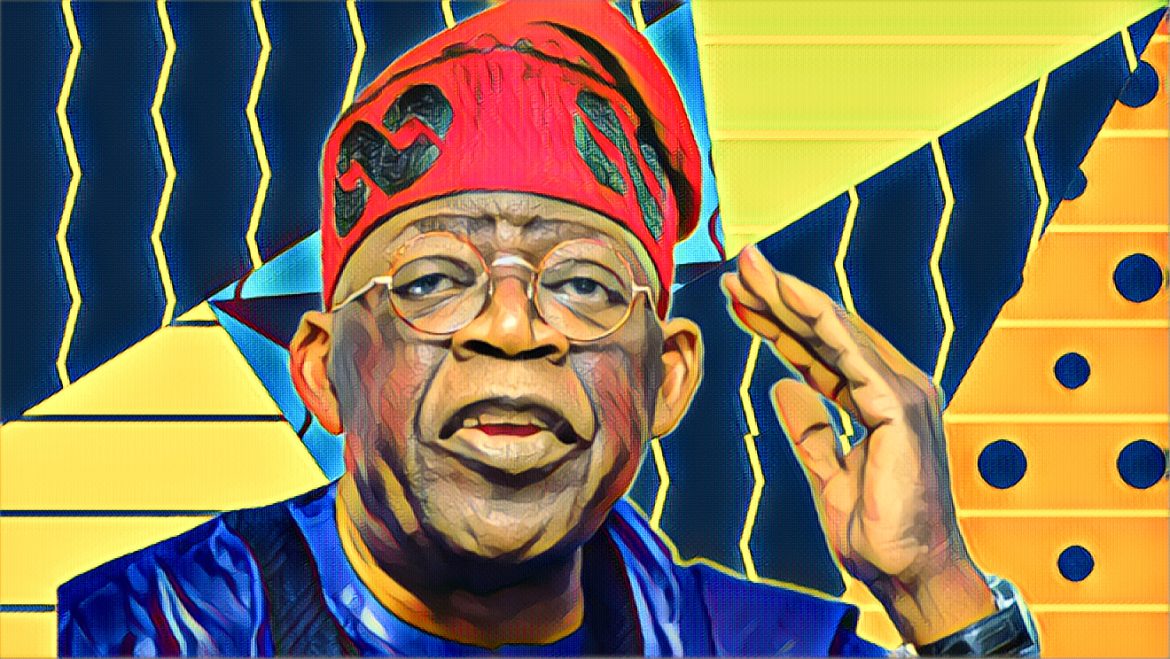President Tinubu’s series of appointments and subsequent withdrawals have raised questions about the vetting and selection processes for political appointees. The focus is on the individuals, both within and outside the presidency, responsible for these crucial checks.
The Chief of Staff to the President, Femi Gbajabiamila, is believed to be orchestrating President Tinubu’s activities. However, doubts linger over whether other influential figures in Aso Rock might be impacting the appointment process.
A notable instance occurred on October 20, when President Tinubu withdrew the nomination of Imam Ibrahim Kashim Imam for the Federal Roads Maintenance Agency (FERMA) chairmanship. Critics argued that Imam lacked the necessary experience for such a critical role. This decision highlighted the challenge of balancing youth inclusion, as promoted by the ‘Not Too Young to Run Act’ of 2018, with competence.
Imam’s case is not isolated. Earlier in August, Maryam Shettima’s ministerial nomination was rescinded after being forwarded to the Senate. Her replacement with Mariya Mahmud Bunkure followed rumors of non-consultation with influential political figures in her home state, including APC National Chairman Dr. Abdullahi Ganduje.
Further complicating matters, President Tinubu’s picks for the Niger Delta Development Commission (NDDC) board—Mr. Victor Akinjo and Asi Oku Okang—were also withdrawn amidst opposition from APC members and revelations about Akinjo’s critical stance towards the party.
According to a report by The Guardian, these episodes have sparked discussions about the effectiveness of the presidency’s vetting processes. They also challenge the narrative of President Tinubu’s long-standing readiness for the presidential role.
Comparisons have been drawn with former President Muhammadu Buhari’s administration, which faced criticism for appointing deceased individuals to government boards. This includes the appointment of the late Tobias Chukwuemeka Okwuru to the Federal Character Commission (FCC) in March 2020.
Solomon Dalung, a former minister, suggests that these reversals indicate the continued influence of internal cabals within Tinubu’s government. This notion is echoed by public analyst Mr. Bola Bolawole, who views these occurrences as evidence of intense political negotiations within the administration. He also highlights the challenges of governing a diverse country like Nigeria and the potential influence of governmental agencies like the DSS and the Senate in these appointments.
Bolawole commends President Tinubu for being receptive to public opinion, suggesting a preference for a leader who admits errors over one who remains unyielding. He advises the President to be more deliberate in decision-making and to hold accountable those responsible for these oversights.
The impact of these appointment reversals on the individuals involved is significant, often leading to reputational damage. Bolawole advocates for transparency in explaining these decisions to protect the integrity of those affected.
Professor Ralph Akinfeleye from the University of Lagos views these reversals as marked by political and logical inconsistencies, while APC National Publicity Secretary Mr. Felix Morka defends them as normal procedural events reflective of a responsive and democratic administration.
These developments in President Tinubu’s administration continue to raise critical questions about governance efficacy and the intricate dynamics of political decision-making in Nigeria.


